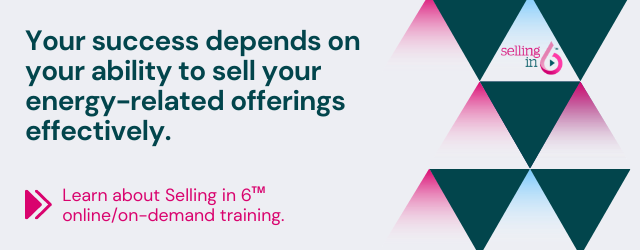It’s easy to measure success by the usual standards of business: finance, strategy, marketing, technology, and so forth. Does that always ensure a company’s success? Not necessarily. In the end, how smart or skilled the players are doesn’t always apply, and promising businesses fold all the time. If you’re wondering why, it turns out a large part of success is due to the organizational health of a company. In the fast-paced business world this is an asset that is often overlooked.

So, how can you integrate organizational health into your professional life? In a prior blog, we profiled Patrick Lencioni's latest book, The Ideal Team Player. This week we’re recommending one of his earlier releases, The Advantage. Based on decades of experience, this book examines disciplines that change group dynamics and provide clarity for every level of employment. Lencioni prompts readers to ask serious questions about their company’s plans and intentions like “Why do we exist?”, “How do we behave?”, and “How will we succeed?” He also divides the book into step-by-step sections about how to build a team, create and reinforce clarity, then streamline a process of communication that benefits everyone. If you feel organization is lacking in your business ventures, then this is a must-read.
Here is a summary from Amazon:
“There is a competitive advantage out there, arguably more powerful than any other. Is it superior strategy? Faster innovation? Smarter employees? No, New York Times best-selling author, Patrick Lencioni, argues that the seminal difference between successful companies and mediocre ones has little to do with what they know and how smart they are and more to do with how healthy they are. In this book, Lencioni brings together his vast experience and many of the themes cultivated in his other best-selling books and delivers a first: a cohesive and comprehensive exploration of the unique advantage organizational health provides.
Simply put, an organization is healthy when it is whole, consistent and complete, when its management, operations and culture are unified. Healthy organizations outperform their counterparts, are free of politics and confusion and provide an environment where star performers never want to leave. Lencioni’s first non-fiction book provides leaders with a groundbreaking, approachable model for achieving organizational health—complete with stories, tips and anecdotes from his experiences consulting to some of the nation’s leading organizations. In this age of informational ubiquity and nano-second change, it is no longer enough to build a competitive advantage based on intelligence alone. The Advantage provides a foundational construct for conducting business in a new way—one that maximizes human potential and aligns the organization around a common set of principles.”







